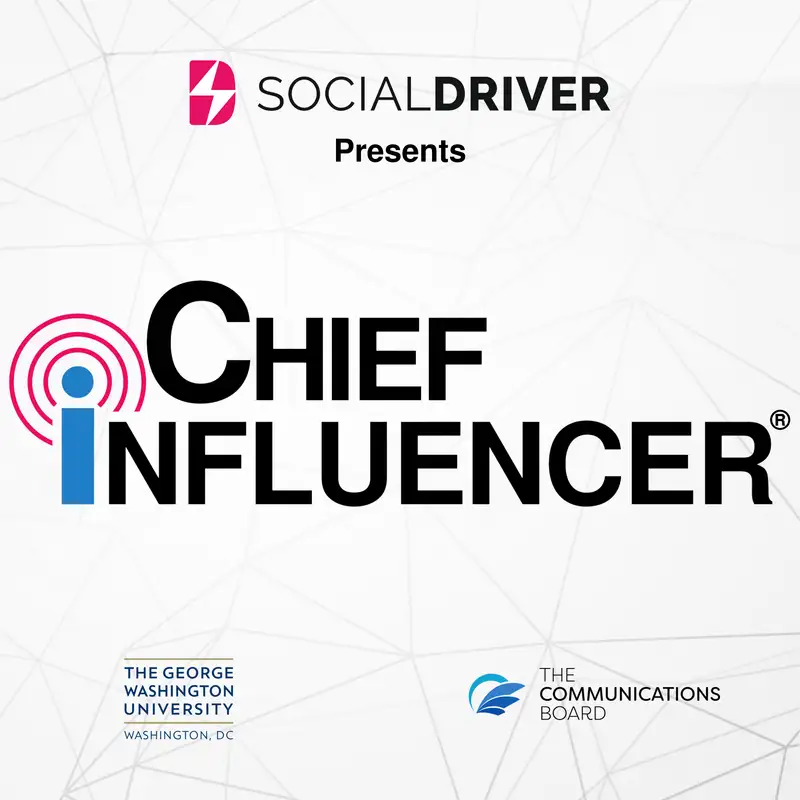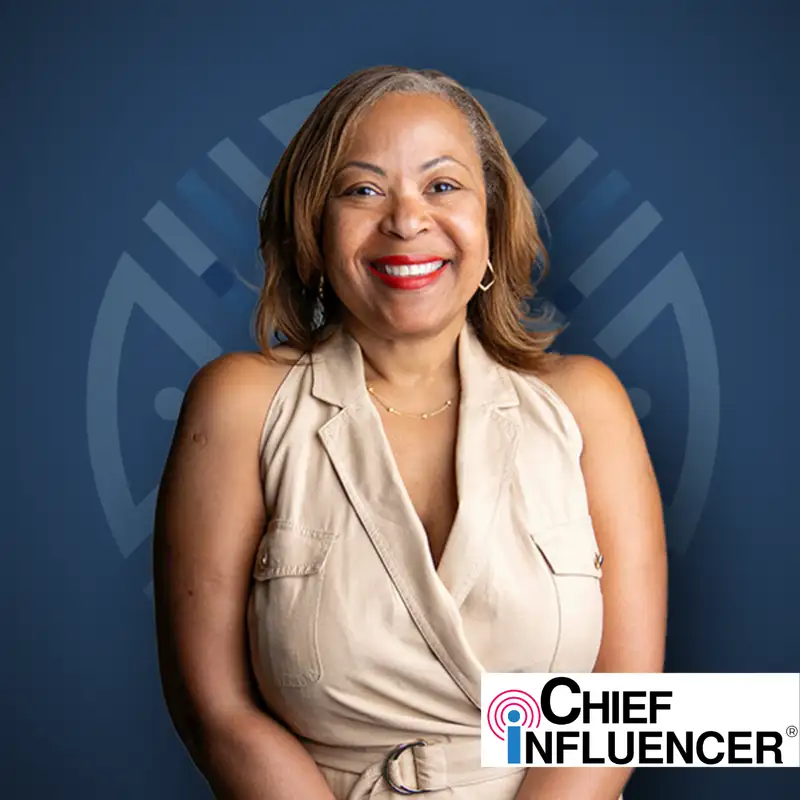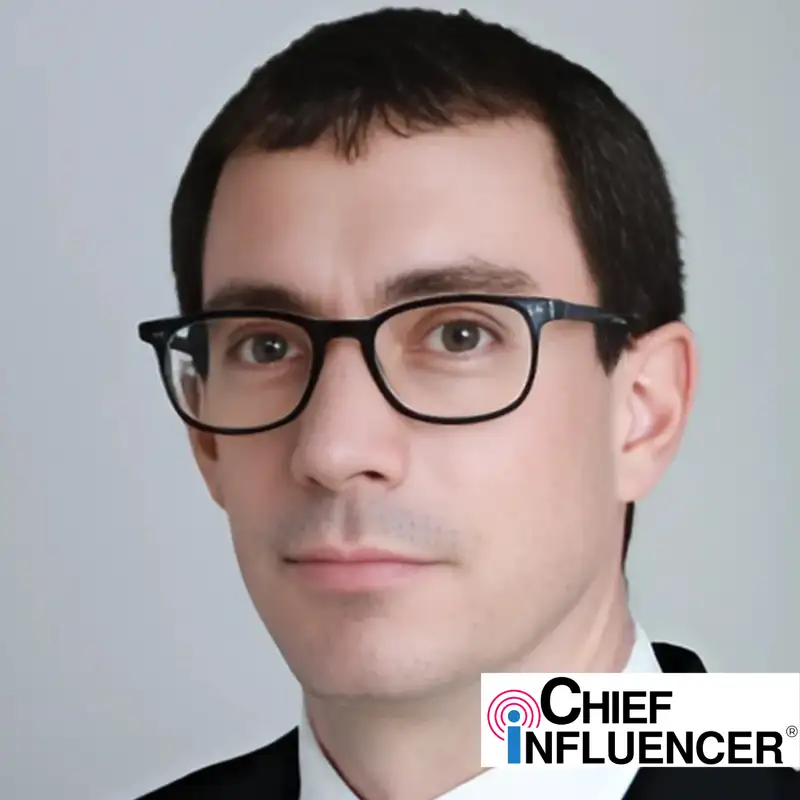Punching Above Your Weight: How Small Players Shape Global Change | Ambassador Georg Sparber
Ambassador Georg Sparber, Liechtenstein’s representative to the United States, shares how influence operates in both highly visible and quietly strategic ways. From the honor of throwing a ceremonial first pitch at a Major League Baseball game to spearheading global initiatives against human trafficking, he illustrates how even small players can “punch above their weight” on the world stage.He explains Liechtenstein’s unique blend of entrepreneurship, diplomacy, and democratic tradition, while also reflecting on how credibility is built through consistency, expertise, and persistence. Ambassador Sparber also highlights the evolving role of diplomacy in the digital age, using platforms like LinkedIn to extend reach and foster genuine relationships. His stories, from honoring a fallen soldier with Liechtenstein heritage at Arlington National Cemetery to forging international coalitions at the UN, reveal a powerful message: influence is about leaving a trace that can grow into impactTakeaways:Punch Above Your Weight: Small organizations, or even small nations, can make a major global impact. The key is focusing on credibility and expertise. By demonstrating competence and thought leadership in specific areas, you can command respect far beyond your size. As Ambassador Sparber noted, smaller players often need to be better in order to be taken seriously, but that higher standard can also become their strength.Consistency Builds Trust: Influence doesn’t come from one-off actions. It is built steadily over time through repetition, reliability, and steadfast advocacy. When others know what you stand for and can count on you to show up consistently, you become a trusted voice in your field.Leverage Core Strengths: Instead of trying to do everything, focus on what you do uniquely well and use that as a platform for broader contributions. Liechtenstein, for example, leveraged its expertise in financial services to fight global human trafficking through the Finance Against Slavery and Trafficking (FAST) initiative. Every leader or organization has a comparable strength they can amplify for outsized influence.Relationships Matter Most: At the heart of influence are people. Personal, face-to-face relationships often outlast policy shifts, headlines, or crises. Ambassador Sparber emphasized that trust built through genuine human connection creates enduring goodwill and opens doors for meaningful dialogue, even years down the road.Use Digital Diplomacy: Influence today requires showing up both in-person and online. Platforms like LinkedIn offer unique opportunities for direct engagement and visibility, particularly in spaces where others may not yet be active. By being intentional and authentic in digital spaces, leaders can extend their reach and strengthen relationships formed offline.Leave a Trace: True influence is not always immediate or obvious. Often, it’s about leaving a trace, planting seeds of understanding, trust, or possibility that may only bear fruit later. Whether it’s a conversation, a symbolic act, or a coalition built quietly behind the scenes, the impact often unfolds in unexpected but powerful ways.Do What You Love: Passion is one of the most powerful drivers of influence. When you pursue work you truly enjoy, you naturally develop expertise and authenticity, which others are drawn to. Ambassador Sparber encouraged leaders to focus on what they love to do, because that’s where they will be both most effective and most inspiring.Quote of the Show:“To be effective, you must be consistent in what you advocate for and in what you believe is important, while also treating problems as your own and considering how you can contribute to solutions; credibility then emerges from the expertise and know-how you can reliably bring, and often smaller players must excel beyond larger ones to make a meaningful impact.” Links:LinkedIn: https://www.linkedin.com/in/georg-sparber-30222413a/ Website: https://www.liechtensteinusa.org/





